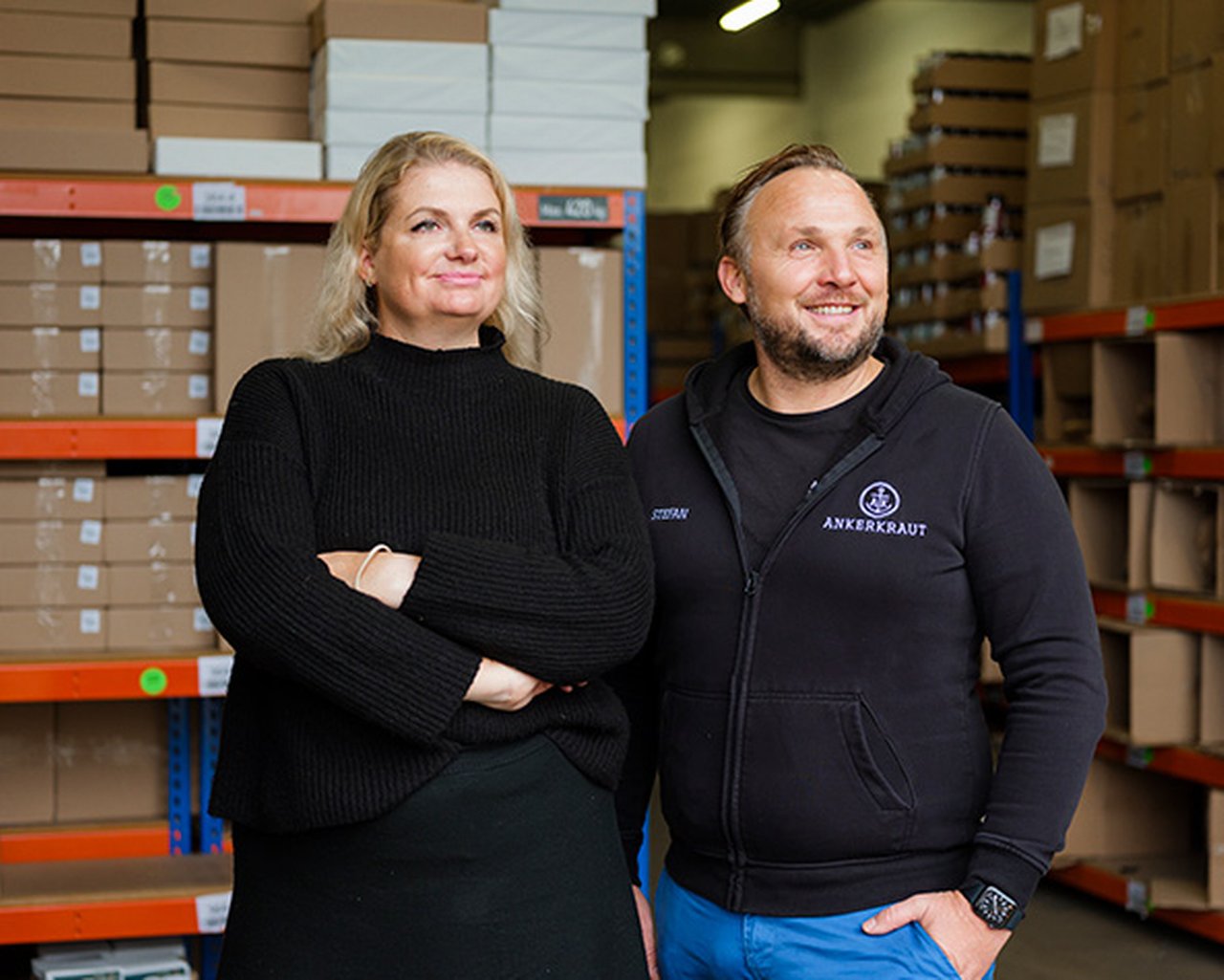"The willingness to change has increased enormously"
Scarce liquidity, collapsed supply chains and massive cost-cutting measures – Dietmar Grichnik, an economist from the University of St. Gallen, is nevertheless convinced that times of crisis are the times for entrepreneurs. Why? He explains in an interview with “What Next”.
Video Story: "The willingness to change has increased enormously"
The economy has already suffered heavy and lasting damage due to the coronavirus crisis. How hard have fledgling companies and start-ups been hit?
In spring, the restrictions on many companies and especially start-ups were massive. More than two-thirds of start-ups were confronted with the reality of their liquid funds lasting them only three months instead 12 or 18. We call this the “red zone”. Over 60 percent of start-ups operate in the B2B segment and entire supply chains have been disrupted here. This means that business owners have had to cut their costs at very short notice. Over 75 percent of start-ups say that they had to dismiss staff during this period.
How do you succeed in maintaining your agile entrepreneurial spirit in such a situation?
Firstly, we are now seeing clear signs of a recovery. However, we must not forget that times of crisis have always also been times for entrepreneurs. Uber, Zalando and GetYourGuide are three companies that emerged from the financial crisis. These lines can be traced clearly – now’s the time to start, the momentum is building now, and start-ups can use this to their advantage.
What’s important for entrepreneurs right now is that they grasp this as an opportunity to solve new and enthralling problems.
Don't the risks outweigh the opportunities?
At first glance it appears so. Start-ups are monocultures – they often have just one product and attempt to solve one specific problem. But suddenly the problem no longer exists and sales collapse because their customers are no longer active. The opportunity presents itself in this situation when there is a strong willingness to change on the side of the customer and I can make use of my technology. One specific example relates to those companies that previously operated voucher platforms for tourist offers.
They could now help process coronavirus vouchers for tour operators. What’s important for entrepreneurs right now is that they grasp this as an opportunity to solve new and enthralling problems. This also shows why new firms are spawned by crises – simultaneous changes on the demand and supply sides result in new solutions. This is presupposed however by the fact that they have air to breathe, liquidity and the willingness to change in order to seize the opportunity.
Isn't there a fine line between opportunity and risk if I'm faced with the choice between sticking with my existing business model or reinventing myself during a crisis?
Sure, but we simply don’t know which is the bigger risk. In this situation there’s no safe option. Frequently the automatic assumption is that doing nothing puts you on the safe side. But that isn’t necessarily true. In this situation, I consider doing nothing to be the riskiest option. However, I don’t have to completely give up my core business either. Instead, I can make use of the portfolio that is at my disposal.
Will there be a return to the “old normal” at all?
That’s a difficult question. Let’s take online opticians – although there are many players contesting for the market, the business didn’t really flourish for a long time. When brick-and-mortar stores closed, customers had no other choice but to look online and that’s how they became acquainted with this new channel. Covid has suddenly converted us into digital consumers – as an emergency solution.
This has not made longstanding attitudes and previous purchasing behaviour obsolete, but things are changing. Many who struck out on new digital paths at the height of the pandemic would do well to carry on with what they’re doing in my opinion. But we definitely have to develop an understanding of what this “new normal” is first, assess the figures and monitor consumer behaviour. One thing that can already be said, however, is that the willingness to change has increased enormously among customers and companies.
Where will we be able to observe this change most clearly?
It’s clear that we’re experiencing a global health crisis. So, I expect to see much stronger digitization of healthcare, which should come as no surprise. We are highly receptive to digital solutions in this sector. And start-ups will increasingly take care of the customer interface – with major corporates as the product suppliers in the background. Although this was not spawned by the pandemic, it has delivered added impetus. These are the fascinating phenomena of the near future.
About Dietmar Grichnik
Dietmar Grichnik is Professor of Entrepreneurship and Technology Management at the University of St. Gallen, Switzerland. He founded the Centre for Entrepreneurship there and is Head of the University’s Institute of Technology Management. After his banking apprenticeship at Deutsche Bank in Essen he studied business management in Cologne before arriving in Switzerland via stints in Dusseldorf, Witten/Herdecke and Harvard.

Recommended content
Entrepreneurial Success / Explained
How much longer? What business needs to prepare for during the Covid-19 pandemic How much longer? What business must prepare for during the Covid-19 pandemic
Economists expect the pandemic to change economic life in the long run. We look at international events in five phases.
How much longer? What business needs to prepare for during the Covid-19 pandemic When will things return to normal?Entrepreneurial Success / Story
Ankerkraut - navigating the pandemic with courage and confidence Ankerkraut - navigating the pandemic with courage and confidence
2020 was a turbulent year for the spice manufacturer Ankerkraut. Find out how founders Anne and Stefan Lemcke fared during the crisis and what their plans are for after the pandemic.
Ankerkraut - navigating the pandemic with courage and confidence About flexibility in times of a crisisEntrepreneurial Success / Crisp & Short
Innovation in the midst of a crisis – wishful thinking? Innovation in the midst of a crisis – wishful thinking?
Rethinking products and processes despite restrictions? Here are 11 powerful observations.
Innovation in the midst of a crisis – wishful thinking? Look at the topic from a different perspective





